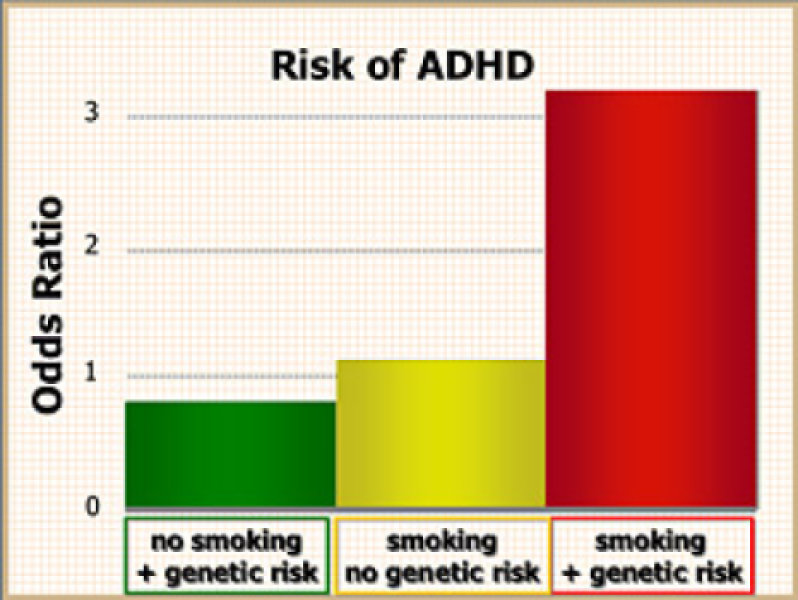[One Boy's Struggle: A Memoir by Bryan Hutchinson, adderworld.com ]
ADHD: The Public Policy implications for public health & criminal Justice are mind bogglinG
|
[Wilma Mankiller, first Female Chief of the Cherokee Nation]
Val's Take
A lot of people have commented on the rise of ADHD diagnosis as proof that it really doesn't exist. I would be the first to admit that there may be people who get diagnosed with this who shouldn't be. Having said that there are two more than adequate explanations for the rise in ADHD diagnosis:
Further, ADHD very likely doesn't go away in the next generation -- whether Mom smokes or has a bad diet during pregnancy or not. Additionally, girls/women with ADHD often have issues with weight, so they might be particularly prone to have high fat/ high sugar diets during pregnancy. http://www.upi.com/Health_News/2016/02/04/Females-with-childhood-ADHD-at-double-the-risk-for-obesity/2641454612174/ Further, people with ADHD are more likely to smoke -- ironically to calm themselves down. For the ADHD nervous system -- stimulants work differently -- they actually have a calming effect. https://www.drugabuse.gov/publications/drugfacts/stimulant-adhd-medications-methylphenidate-amphetamines Additionally, researchers have found a connection between smoking & ADHD: "We propose that ADHD and smoking involve dysregulation of dopaminergic and nicotinic-acetylcholinergic circuits and that these aberrations are likely to arise, at least in part, from genetic variations. This review describes an integrative model of the ADHD–smoking comorbidity, with an emphasis on shared neuropharmacological mechanisms. We first describe the prevalence of smoking among ADHD patients." https://www.ncbi.nlm.nih.gov/pmc/articles/PMC2758663/ This has incredible public policy implications, not only for public health but for criminal justice. The 2013 Canadian Study referenced to the right found: The findings revealed that while less than 10% of the total sample exhibited physical aggression in childhood, this small group represented 30% of the criminal activity in adolescence and young adulthood. Further, these same participants were responsible for almost half of the criminal charges on record and nearly 60% of all the violent criminal charges. Additionally, family adversity was found to be a key factor -- perhaps a key "social determinant of health." |
Goodtherapy.org Canadian Study finds link between ADHD + Childhood Aggression + Family Adversity AND Crime "Attention deficit hyperactivity (ADHD) manifests with symptoms of inattention, hyperactivity, and impulsivity. In the criminal population, impulsive behavior is a common thread. "However, few studies have sought to determine whether ADHD increases the likelihood that a person will engage in criminal behavior. "The effects of ADHD are broad, varied, and long term. To accurately predict how ADHD will influence future behavior, one must look at other environmental and familial factors. "To this end, Jean-Baptiste Pingault of the Research Unit on Children’s Psychosocial Maladjustment at the University of Montreal and Sainte-Justine Hospital in Canada recently led a longitudinal study involving more than 2,700 individuals. "The participants were first evaluated for ADHD, physical aggression, inattention, and family adversity when they were 6 years old. They were reassessed annually for seven years. "When they were 25, criminal records and teacher and parent reports were examined in order to find any association between the measured risk factors and criminal behavior. Pingault discovered that in certain analyses, childhood ADHD was linked to criminal behavior. "But in the most sensitive analysis, the association was weak at best. However, childhood physical aggression was directly predictive of later criminal behavior. "The findings revealed that while less than 10% of the total sample exhibited physical aggression in childhood, this small group represented 30% of the criminal activity in adolescence and young adulthood. "Further, these same participants were responsible for almost half of the criminal charges on record and nearly 60% of all the violent criminal charges. "Family adversity also increased the risk for criminal behavior in the aggressive participants. Pingault believes these results show that not all children with ADHD are at risk of engaging in criminal behavior. "But children with aggressive traits, and especially those with ADHD and family adversity, are more vulnerable to criminal activities. Therefore, efforts to reduce crime may not be most effective if focused solely on children and young people with ADHD. “Crime prevention should instead target children with the highest levels of childhood physical aggression and family adversity,” said Pingault. http://www.goodtherapy.org/blog/link-between-adhd-and-criminal-behavior-0506131 |


